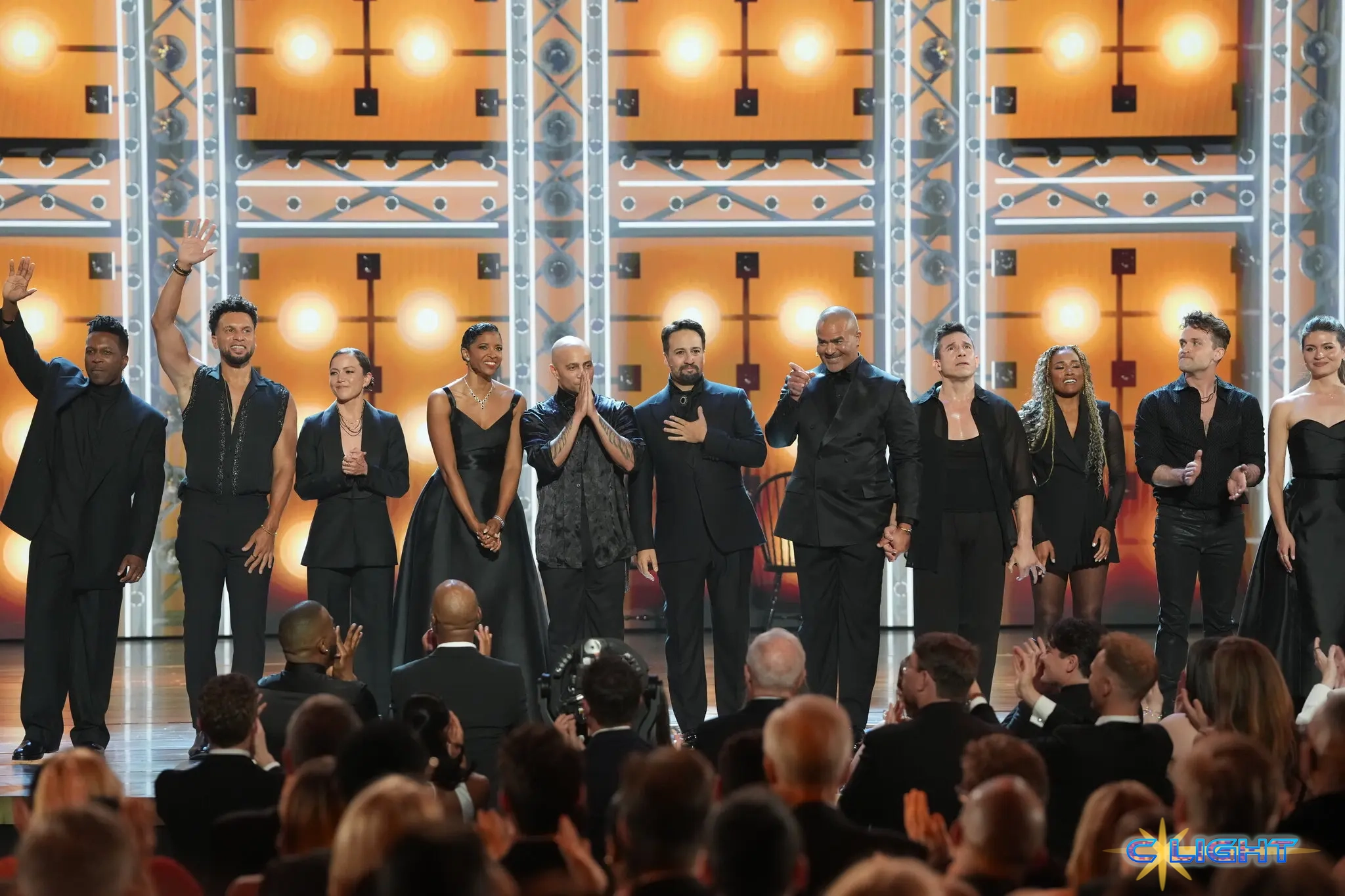On a night often dominated by familiar brands and Hollywood star power, Broadway placed a risky and thrilling bet on the strange, the new, and the original. The 78th Tony Awards on Sunday became a celebration of adventurous newcomers and daring reimaginings, a powerful vote of confidence in originality from an industry that often seems allergic to it. The top prizes went not to the safest commercial bets, but to the boldest artistic swings, suggesting a creative sea change is underway, born from a mix of artistic courage and sheer financial necessity.
The ultimate vindication of this trend was the triumph of “Maybe Happy Ending,” which took home a stunning six awards, including the coveted prize for Best Musical. A futuristic Korean romance about two discarded robots who forge a relationship on a road trip, it is a show with a “puzzling title and tough-to-explain themes”—exactly the kind of quirky, original work that often gets overlooked. Its victory signaled that, for this year at least, artistry and innovation could triumph over pre-existing intellectual property.
This embrace of the adventurous was reflected across the major acting awards. The night’s most talked-about performance came from Nicole Scherzinger, the former Pussycat Doll who won Best Actress for her “barefoot and bloodied,” absolutely scorching portrayal of Norma Desmond in a radically reconceived revival of “Sunset Boulevard.” In a tearful acceptance speech, she spoke of finally feeling a sense of belonging on Broadway. Sarah Snook, fresh off her success in television’s “Succession,” won for a jaw-dropping feat of theatricality, playing 26 different roles in a technologically complex adaptation of “The Picture of Dorian Gray.” And in a victory for the avant-garde, Cole Escola, an alt-cabaret performer, won for their “zany” and brilliant hit play “Oh, Mary!,” which imagines Mary Todd Lincoln as an alcoholic who dreams of being a chanteuse.
This celebration of originality is not just an artistic choice; it’s happening against the backdrop of a financially precarious Broadway that is still finding its footing after the pandemic. While the season that just ended was the highest-grossing on record (before adjusting for inflation), attendance remains stubbornly below pre-pandemic levels, and very few new musicals are actually achieving profitability. The industry can no longer rely on the old formula of plugging in a big Hollywood name to guarantee a hit. This new reality may be forcing producers to take more creative risks, and Sunday night’s awards celebrated the producers, writers, and actors who took those risks and won.

While direct political commentary from the stage was muted compared to previous years, the politics of the Felonious Punk era were deeply embedded in the art itself. The award for Best Play Revival went to “Eureka Day,” a searing comedy about the absurdities of left-wing anti-vaxxers. Another nominated play, “English,” about language learners in Iran, was described by its creators as being directly prompted by the first Punk-era travel ban. And Francis Jue, accepting his award for Best Featured Actor, gave a quiet but powerful dedication “for those who are being targeted in these authoritarian times.” The politics were on the stage, not always at the podium.
The night was filled with moments of pure theatrical joy, from the powerhouse vocals of host Cynthia Erivo to the nostalgic reunion of the original cast of “Hamilton” for its 10th anniversary, which had the entire audience at Radio City Music Hall singing along. But the dominant feeling was one of catharsis and hard-won triumph. Historic firsts were made, with Kara Young becoming the first Black actor to win consecutive Tonys and Cole Escola becoming the first non-binary actor to win for a leading role.
In a world dominated by turmoil, the Tony Awards offered a glimmer of hope. It was a night where Broadway looked inward, celebrated its most daring voices, and rewarded the strange, the personal, and the profound. It was a vote of confidence in a riskier, more adventurous future, but whether that future is ultimately profitable and sustainable remains Broadway’s biggest cliffhanger.
Discover more from Clight Morning Analysis
Subscribe to get the latest posts sent to your email.










